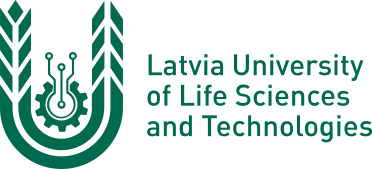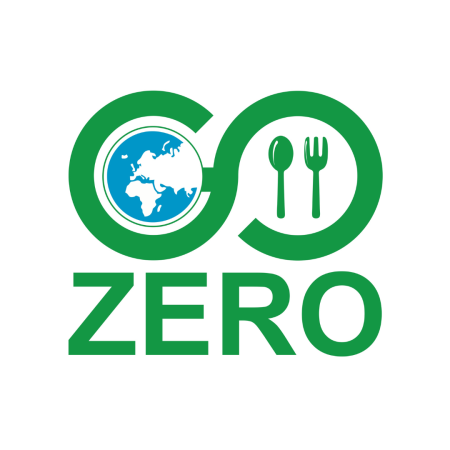Researchers of the Latvia University of Life Sciences and Technologies have developed unique professional training programs for the food sector enterprises
The researchers of the Latvia University of Life Sciences and Technologies (LBTU) in cooperation with several European leading universities and institutions in the implementation of the Go Zero - Zero Waste Management in Food Sector Project (2020-1-TR01-KA202-093424), which is financed under the European Union Erasmus + program, have developed a unique professional training curriculum for food sector enterprises.
The objectives of the project are: to improve the waste management skills of food industry and vocational high school students who will work in the food sector in the future; to contribute to the successful implementation of waste management in the food sector in partner countries and to develop a waste management system in the food sector, thus promoting the possibilities for re-use, recycling and reduction of waste in waste management.
To implement the project, the researchers at the LBTU faculty of Economics and Social Development (ESAF) have developed a unique curriculum for the egg production subsector, which aims to develop waste management skills, focusing on issues related to waste hierarchy, reduction, minimization, recycling, regeneration and disposal options in the egg production subsector, thereby creating confidence and awareness among employees and students about a sustainable and environmentally friendly approach to waste management. The program was developed in connection with the professionals of the food industry and education sphere, thus ensuring the formation of a feedback link for successful cooperation in the further development of the project.
In scope of the project, a report "Recommendations for waste management in the food sector" will be developed, educational materials and an e-learning platform will be created, as well as a guide for the interaction of industries.
More information: https://gozeroproject.eu/.
The project is financed within the Erasmus+ program of the European Union. This statement reflects only the views of the authors, and neither the European Commission nor the LBTU can be held responsible for how the information contained herein may be used. Project number: 2020-1-TR01-KA202-093424

